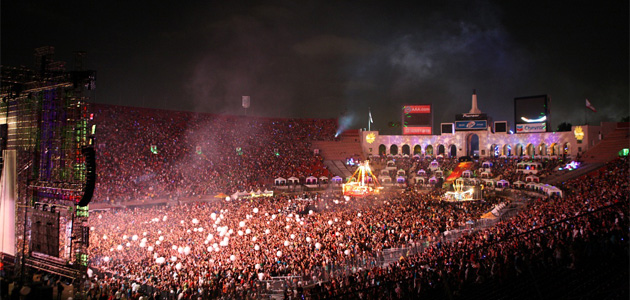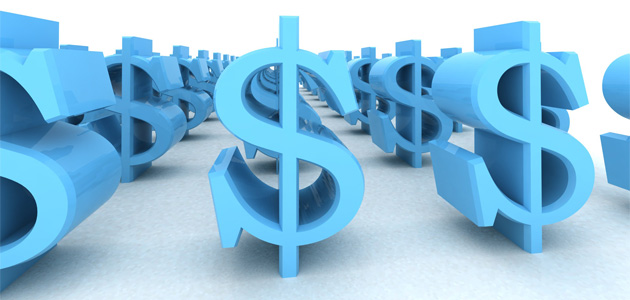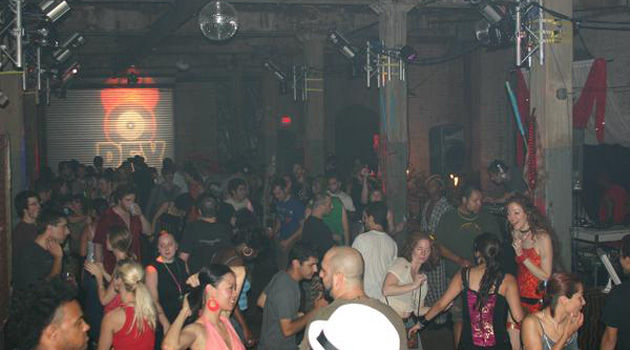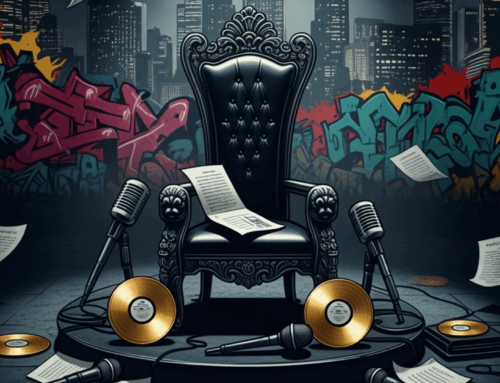
The question that is on the tips of every hungry investors tongue right now is can Electronic Dance Music (EDM) really make big money? In other words, is it a “safe” investment. Can the resurgence of EDM be boiled down to a simple formula and be capitalized on?
In years past, record companies have been reluctant to go all in on EDM for a bevy of reasons, the most important being that it did not fit the model that they were used to. People rarely bought EDM albums (they went to the club instead), the price of admission was a fraction of a concert ticket, they didn’t spend money at the bar, and nobody wore a T-shirt to commemorate the event the day after.
It is clear that the lack of financial interest in EDM lies within its very nature.
In 2005, music writer Simon Reynolds outlined the tenants of electronic dance music as a “commitment to constant innovation…being underground, an outlaw scene…” and “dancing” in his piece for the NY Times “MUSIC; The Turn Away From The Turntable”.
According to Nobel Prize nominee Milan Kundera, “Business has only two functions – marketing and innovation.” In Electronic Dance Music, there is plenty of both. Thankfully dancing has been around for hundreds of years, and it would be silly to suggest that the good vibes it creates is bad for business. This leaves the underground. As far as big business is concerned, if you are underground you might as well be dead. Big business relies on the masses, not a select few to insure big profits.
Initially the underground nature of EDM was a result of people looking for both an alternative to mainstream music, and a desire to fly under the radar of the authorities who did not look kindly on all night dancing in non-sanctioned venues, let alone recreational drug use. As time has gone by, EDM parties have become legal events held at local festivals and in the clubs built specifically for them.

In addition, the rise of the internet and use of Twitter and Facebook, a poor substitute for community, has reduced the “underground” to little more than a marketing tool for the merchants of cool. Today it seems that having a thousand Facebook friends is more important than having 10 real friends.
As a result, EDM is wide open for those willing to recognize the change and cash in.
Many EDM DJs/producers have already traded in their black hats for big bucks. David Guetta channeled pop music into his productions in order to bridge the gap between the mainstream and the underground while, Joel Zimmerman, aka Deadmau5, swiped a page from Disney’s playbook and emblazoned everything he touches, from T-Shirts to his own head, with his signature mouse mask creating the most recognizable EDM brand today. If there is any doubt as to their success, the two of them were joined onstage by Foo Fighters, rapper Lil’ Wayne, and R&B singer Chris Brown at this year’s Grammy Awards.
In the heyday of the underground, big name DJs like Carl Cox and Sasha made a respectable living on their skills, but their payday pales in comparison to today’s numbers.
DJs such as Kaskade and Armin Van Buuren have been know to pull in up to $200,000 in a single night, and this is not counting their plane ticket and hotel accommodation. In conjunction with rising appearance fees, product endorsements are at an all time high. Twenty two year old Swedish DJ Avicii is now producing music for Ralph Lauren videos, and veteran DJ Tiesto has partnered with AKG to release his own headphones in true Dr. Dre style.
This same commercialization is spilling over into EDM events themselves with some, albeit shallow, resistance.

In the recent NY Times article “Electronic Dance Concerts Turn Up Volume, Tempting Investors” the growing success of electronic dance music events was put under the microscope. In it, the independent promoter, Gary Richards, the founder of Hard Events, said “You can’t just franchise this like McDonalds.”
Unfortunately for many veteran EDM lovers, this is not true. Ironically, the move into Big Mac territory has not come from the outside, but from within.
EDM festivals founded by independent promoters, themselves ex ravers, are spreading like wildfire from Portugal to Puerto Vallarta all utilizing a similar formula. The same big name DJs, the same marketing techniques and the same laser light shows. Starbucks isn’t going to start their own party, Hard Events is one of many that will become the next Starbucks.
Can I get a Doublegrandediplofrapalazerlightbassdrop please?
For someone in step with the changing nature of the audiocultural landscape, none of this is news. The question is, what does this mean for the music?

PEX Warehouse Party, Philadelphia, PA
Over the years countless warehouse parties, club nights and all night renegade raves have been experienced by hundreds of loyal electronic dance music lovers. Llifelong friendships were forged on the dancefloor, and careers crystallized in the DJ booth.
The difference between then and now is the motivation. For years, the most innovative and danceable music was created by people who had little hope, let alone interest, in making money from it. These were magical times where the love was the message, and a community came together for a mutual admiration of great electronic dance music, and a desire to experience it together. Infamous House music producer Eddie Amador said, “Not everyone understands House music; it’s a spiritual thing; a body thing; a soul thing.” It’s not a money thing.
Now that times have changed, let’s just hope that Mr. Guetta is wrong when he wrote the hit single “Love is gone.”
Chris Alker, aka The Dance Machine/DJ By Night, is a New York based DJ, designer, party planner and writer.
Originally from Houston he moved to New York City in the winter of 2004 to work full time in the field of architecture. With a passion for dance music, art, architecture and fashion, he has tapped into the city’s creative pulse in an effort to share his ideas, his writings and cherished damaged-disco record collection.
He is is responsible for countless dance parties around town, is a contributing writer for Rockthedisco, Discosalt & Out Of Order Magazine, is an ambassador for the independent record label Subtrak, and has lectured on the art of the DJ at Yale University.[/box]



